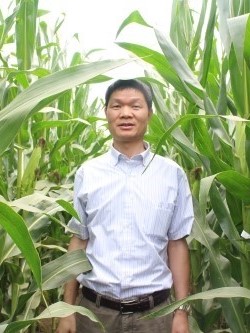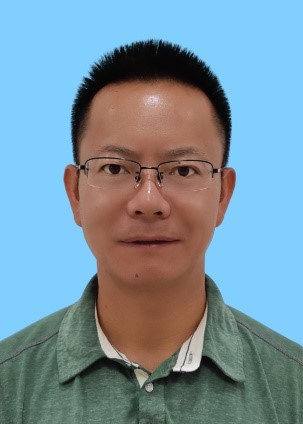Current Advances in Maize Seed Biology
Maize is the world's largest food crop, providing 15 percent of the protein and 19 percent of the energy in the food of the world's population. Maize seed development originates from double fertilization, wherein a sperm and an egg fuse to produce a diploid embryo and another sperm fuses with a central cell to produce a triploid endosperm.
Maize is the classic model plant for monocotyledon studies. Its mature genetic analysis system and rich accumulation of mutants have made many milestones in understanding the development of monocotyledon seeds and synthesis of stored substances. In recent years, due to the development of the third-generation sequencing technology, a number of maize inbred lines have obtained high quality genome assembly data, which greatly promoted the cloning of genes regulating quantitative seed traits. At the same time, the wide application of gene editing technology has effectively accelerated the functional verification of maize seed expressed genes screened based on reverse genetics and the allelic verification of maize seed mutant genes cloned based on forward genetics.
At present, the research on maize seed development and grain filling regulation network has made significant progress, which will provide theoretical basis and potential breeding candidate genes for green, high quality, high yield and sustainable maize genetic improvement. In addition, more and more evidence shows that the formation of maize kernel weight and quality is closely related to the early development of endosperm and cell fate. Therefore, the genetic and molecular regulatory mechanisms of the early development of endosperm and the formation of specialized cell traits will be the focus of attention in the future.
This special issue, Current Advances in Maize Seed Biology, aims to bring together the latest research on maize seed biology, including double fertilization, early seed development, storage reserve synthesis and grain filling regulation, and genetic regulation of important agronomic quantitative traits related to maize grains. New methods and techniques for the study of maize seeds are also welcome.
The Guest Editors, Jinsheng Lai (China Agricultural University) and Yongrui Wu (CAS Center for Excellence in Molecular Plant Sciences) cordially invite submissions of full-length articles, opinion, review/mini reviews, and perspectives related to these topics. Please note that the topics we list here may not cover all the research in the field of wheat seed biology. If your topic is related but not listed here, please feel free to contact us.
Topics covered by this special issue include:
● Regulation of seed coat, early endosperm and embryo development and signal exchange between them in maize;
● Epigenetic regulation of maize seed development;
● Genetic control of wheat seed end-use and nutritional quality;
● Synthesis, transport, storage, metabolism and regulation of storage reserve in maize seeds;
● The discovery of natural variation of maize grain nutritional quality and grain weight formation and the mining of superior allelic QTLs;
● Genetic improvement of important agronomic traits in maize seeds.
Guest Editors
|
Prof. Jinsheng Lai
China Agricultural University, Department of Plant Genetics and Breeding, National Maize Improvement Center
His research interests focus on: (1) maize genomics; (2) Genetic regulation of maize seed development; (3) maize genome editing and synthetic biology.
|
Prof. Yongrui Wu
CAS Center for Excellence in Molecular Plant Sciences
His research interests focus on: (1) Understanding the mechanisms of endosperm development; (2) Understanding the mechanisms of endosperm filling; (3) Understanding the mechanisms of genetic improvement for kernel nutrition quality and weight.
Submission Deadline
The deadline for manuscript submissions is December 31, 2024, but we can accommodate extensions on a case-by-case basis. All papers will be published as open access articles upon acceptance.
Submission Instructions
Please submit the full manuscript to Seed Biology via our online submission system (mc03.manuscriptcentral.com/seedbio). Additionally, please choose a topic of this Special Issue when submitting and mention it in your cover letter. For further inquiries, please contact the Guest Editors:
Jinsheng Lai (jlai@cau.edu.cn)
Yongrui Wu (yrwu@cemps.ac.cn)

-
{{article.year}}, {{article.volume}}({{article.issue}}): {{article.fpage | processPage:article.lpage:6}}. doi: {{article.doi}}{{article.articleStateNameEn}}, doi: {{article.doi}}Abstract({{article.visitArticleCount}}) Abstract({{article.visitArticleCount}}) HTML HTML PDF({{article.pdfDownloadCount}}){{article.publishDate | date:'dd MMM yyyy' : 'UTC'}}Open Access



